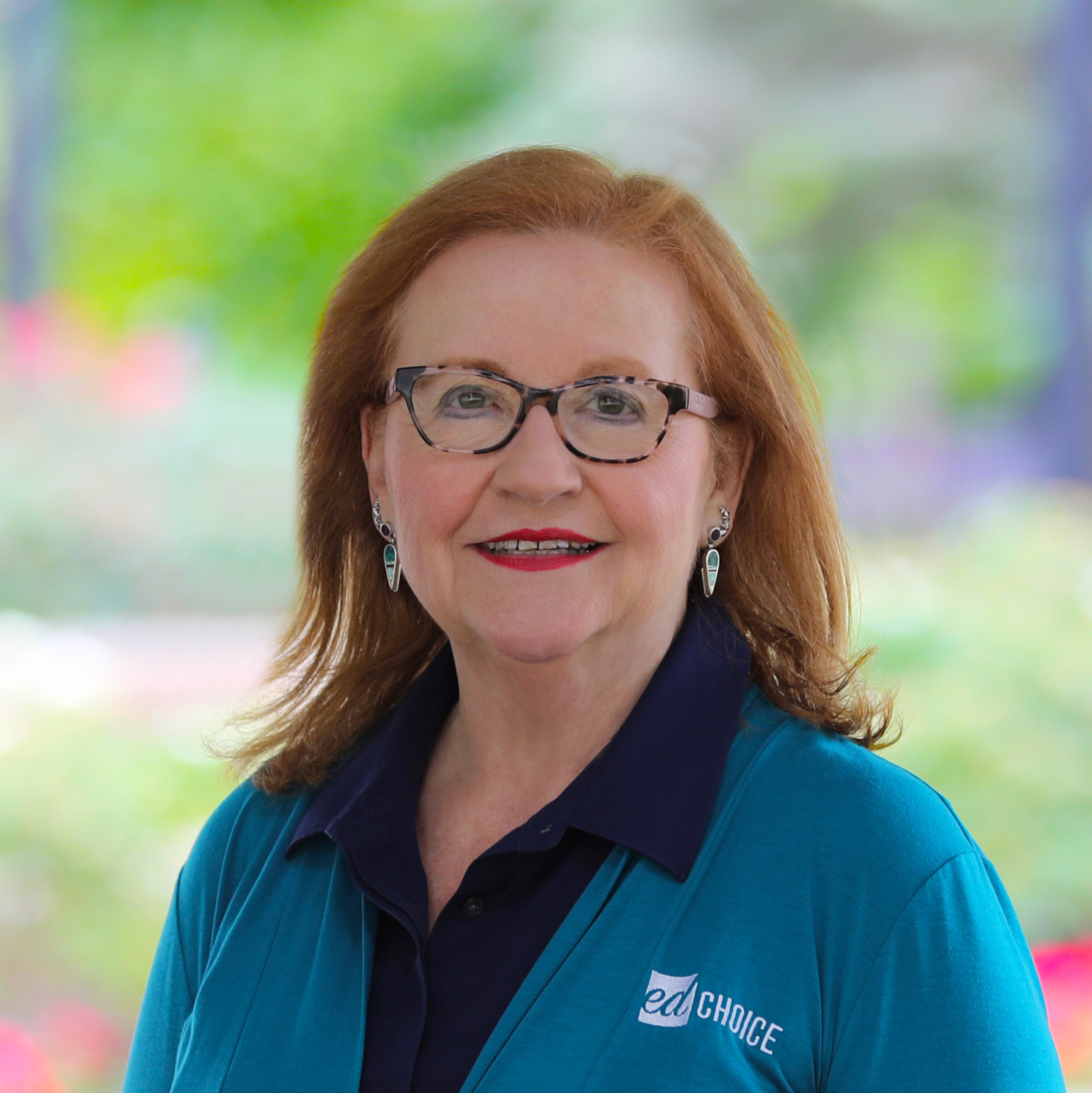Oklahoma Children with Disabilities Denied Choice to Religious Schools
The U.S. Supreme Court ruled it constitutional in 2002. Still, that precedent hasn’t stopped groups from challenging, in state courts, parents who use vouchers to choose private religious settings for their children.
Indeed, Oklahoma’s Lindsey Nicole Henry Scholarships for Children with Disabilities may not be available to children choosing religious schools for their education, according to a recent ruling by a district court in Oklahoma City.
The district court ruled that providing vouchers to children with disabilities to attend the school of their parents’ choice is constitutional except when the school chosen by parents is a religious one. This is the second time opponents have challenged these scholarships; the first case was dismissed by the Oklahoma Supreme Court (see a thorough review by Patrick B. McGuigan of Oklahoma Watchdog here).

Michael (right) is one of the Oklahoma students using Lindsey Nicole Henry Scholarships to attend the Trinity School, a private Christian-based school serving students with special needs.
In defending the voucher families, Attorney General Scott Pruitt said this about the ruling:
“This scholarship program empowers parents of children with disabilities to obtain scholarship monies from the state to fund their child’s enrollment and attendance in a private school of their choosing. Prohibiting the use of Lindsey Nicole Henry Scholarship funds from being used to send students with disabilities to sectarian schools would require the state to discriminate against those schools. That is highly troublesome and why we will appeal the ruling.”
The court reasoned that public dollars would benefit religious institutions under the scholarship program, and asserted that this is prohibited under Oklahoma’s Constitution:
Oklahoma Constitution, Article 2, Section 5:
No public money or property shall ever be appropriated, applied, donated, or used, directly or indirectly, for the use, benefit, or support of any sect, church, denomination, or system of religion, or for the use, benefit, or support of any priest, preacher, minister, or other religious teacher or dignitary, or sectarian institution as such.
That provision is Oklahoma’s so-called Blaine Amendment, an amendment that was part of a national movement in the 19th century to stop the rise of Catholic schools and prevent Protestant teachings in public schools from Catholic influence. That movement, even supported by the Ku Klux Klan, has a “shameful pedigree,” as documented by the Becket Fund
Indeed it does—then and now.
Lindsey Nicole Henry Scholarships are similar to vouchers enacted in other states whose state constitutions also contain Blaine Amendments, and whose courts have upheld the constitutionality of the scholarships.
Indiana provides an exceptionally well-written example of such a court decision.
In Meredith vs. Pence, Indiana’s Supreme Court, in a unanimous decision, reasoned that funding specifically appropriated by the state legislature for the education of a child, when given by the state directly to the parent, does not violate the Blaine Amendment or other constitutional prohibitions regarding state funding to religious entities. The court’s reasoning is beautiful in its simplicity: When parents choose to use education funds to send their children to a religious school, that choice has two very important components:
- It is a choice made by the parent as a private citizen, not the state; and
- the funds are used for the purpose of educating the child, not for the purpose of benefiting any religious institution.
That is exactly what is happening in Oklahoma. Parents of children with disabilities using Lindsey Nicole Henry Scholarships are making a private decision “for the purpose of educating the(ir) child.” Some are choosing religious institutions; some are not. But even those choosing the former are deciding that educational setting is what works best for their children, as this video from the Oklahoma Council of Public Affairs shows:




